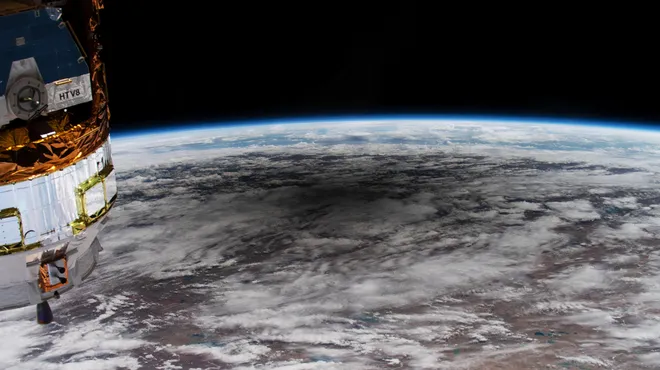
August 5 is predicted to be one of the shortest days on record, with Earth completing its rotation about 1.25 to 1.51 milliseconds faster than the average 24-hour day—making it the third-fastest of the summer following July 9 and July 22, 2025 While imperceptible to humans, these tiny shifts in time are carefully tracked by agencies like the International Earth Rotation and Reference Systems Service (IERS) because even millisecond variations accumulate and can affect systems that rely on precise timing—such as GPS, satellites, and global communication networks
These unusually short days are part of a recent trend of slight acceleration in Earth’s rotation, especially since 2020. One contributing factor is the Moon’s orbital alignment—when it sits furthest from the equator, tidal forces subtly increase Earth’s spin rate. However, scientists also suspect internal dynamics like movement within the planet’s liquid core may be playing a role—models based solely on atmospheric and oceanic activity don’t fully explain the behavior






